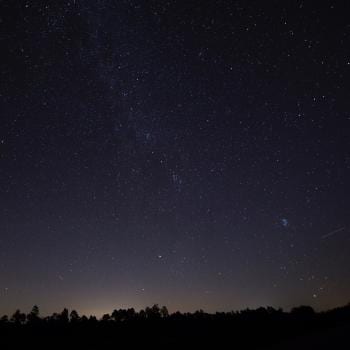One moment can change your life. A chance encounter can destroy a promising life. Elwood Curtis, a idealistic black high school student, inspired by the words of Martin Luther King, hitches a ride to an advanced class at a local college, not knowing that the driver, another young black man, is wanted by the police. Though innocent, he’s found guilty – after all, he’s a young black man in the early 1960’s and sentenced to spend the next two years at the Nickel Academy. Resembling the college campus Curtis was planning to attend, Nickel Academy’s professed goal is to “provide physical, intellectual, and moral training” to transform delinquent boys into “honorable men.” Yet, behind the collegiate façade is violence, graft, racism, and traumatization. There is no reformation at Nickel Academy, just dehumanization and the dishonesty of “upright” white community leaders. Lives are changed, but for the worse. Both the black and white “students,” housed in “separate but equal” dormitories are forever scarred by their experience at Nickel Academy.
As I read award-winning author Colson Whitehead’s latest book, inspired the story of Florida’s Dozier School for Boys, images of the past week haunted me: racist remarks by the president of the United States, frenzied shouts of “send her back” by an atavistic congregation entranced by the revival-like rally by that same president, the traumatizing of brown children on the USA borderlands, and the choice of the Justice Department not to charge a police officer whose choke hold led to the death of African-American Eric Garner, despite his cries “I can’t breathe.” Fifty years after the injustice Curtis’ lawfully-sanctioned imprisonment, our current “justice” system and political leaders still seem bound and determined to dehumanize persons of color, seeking to exile or silence any criticism of our current leadership and its political policies.
“The Nickel Boys” presents a bleak picture of America in the Jim Crow era, a reality which still lingers in the words and actions of today’s politicians and their devoted followers. Fear of otherness, championed by today’s demagogues, excites the reptilian brain, clouding reason and negating compassion, and convincing good Christian people to abandon the values of Jesus. Yet, through it all, the unjustly treated and traumatized Elwood Curtis clings to the message of Martin Luther King: you are somebody, love conquers hate, you can endure and triumph over violence, you can champion unity rather than alienation. The dream of “we shall overcome someday.” Curtis is maligned, abused, and isolated. Yet, his spirit remains free and lives on in his friend Turner.
Tyrants strut and threat, bullies appear to win the day, crowds chant hatred, and yet, with Maya Angelou, we can affirm, “still I rise.”
I realize, as a privileged white male and law-abiding citizen, that Curtis’ story is not my own, nor is Eric Garner’s or the millions of Americans who have been taunted with the words “go back to where you came from,” who are pulled over “driving while black” or must give the “talk” to their male children and grandchildren. But, in my daily life and relationships, I can seek to be humble, empathetic, imaginative, and willing to listen before I speak, letting the experience of oppression deepen my spirit and inspire my own protest.
Inspired by King and Colson Whitehead, I can join with Langston Hughes and embrace the spirit of Ubuntu and discover that in the grand and tragic diversity of life, there is no other. Lured forward by the vision, articulated by another Whitehead, Alfred North Whitehead, the vision of tragic beauty, I can humbly claim my own unique vocation in healing the earth and its peoples.
O, yes,
I say it plain,
America never was America to me,
And yet I swear this oath—
America will be!
Out of the rack and ruin of our gangster death,
The rape and rot of graft, and stealth, and lies,
We, the people, must redeem
The land, the mines, the plants, the rivers.
The mountains and the endless plain—
All, all the stretch of these great green states—
And make America again!
+++
Bruce Epperly is a Cape Cod pastor, professor, and author of over fifty books, including “Become Fire: Spiritual Guideposts for Interspiritual Pilgrims,” “One World: The Lord’s Prayer from a Process Perspective,” “Finding God in Suffering: A Journey with Job,” and “Praying with Process Theology: Spiritual Practices for Personal and Planetary Healing.”












